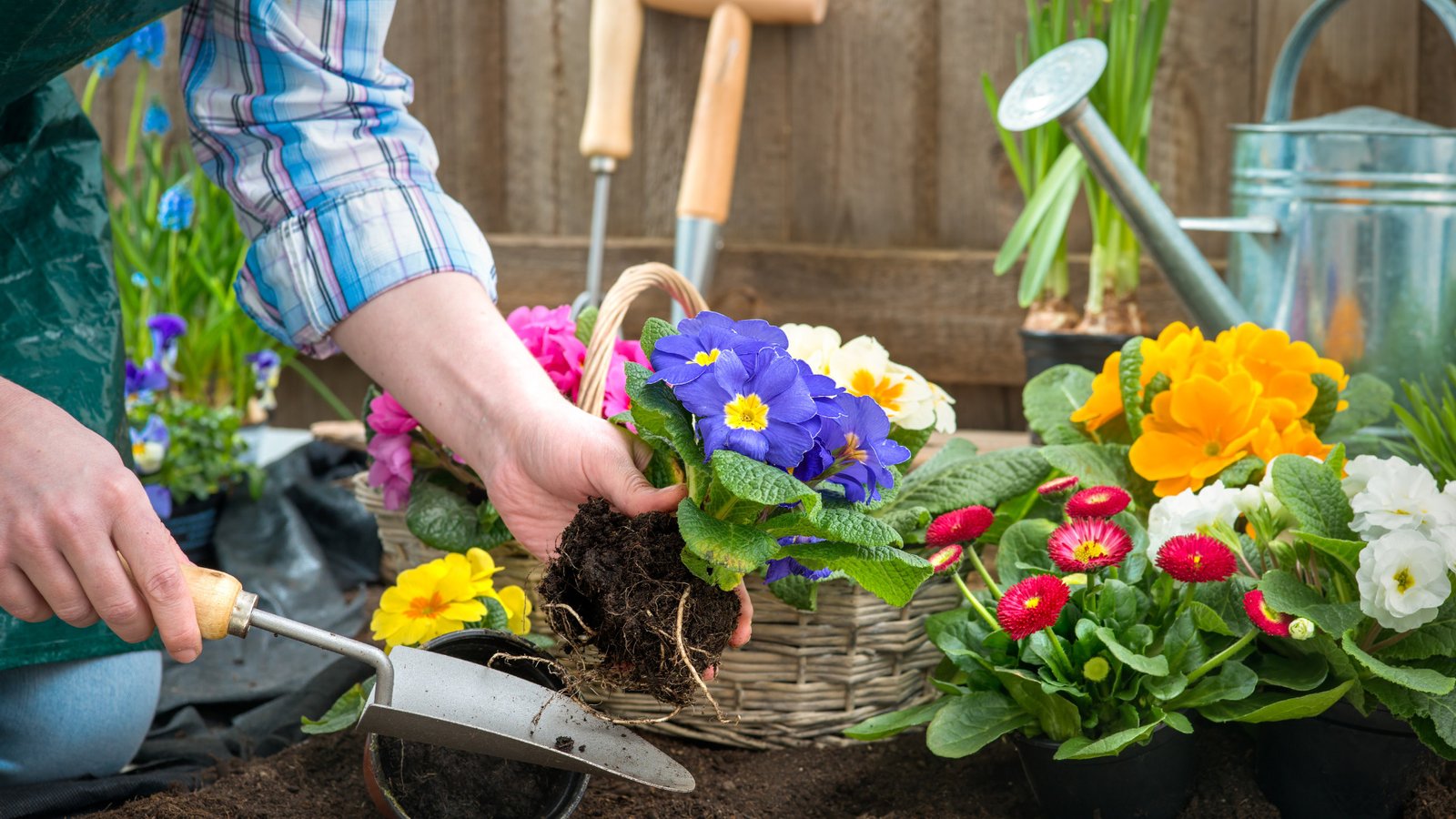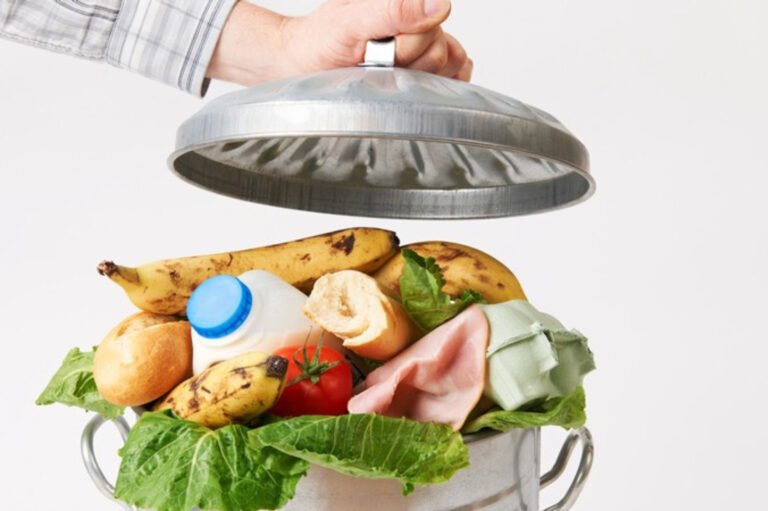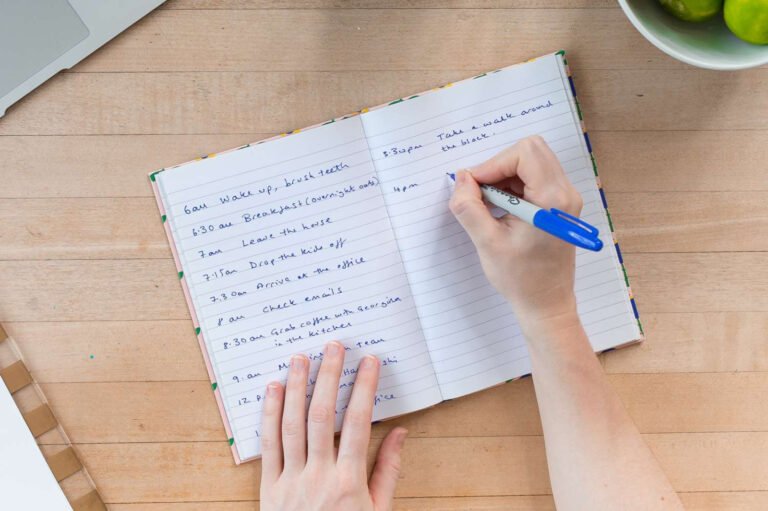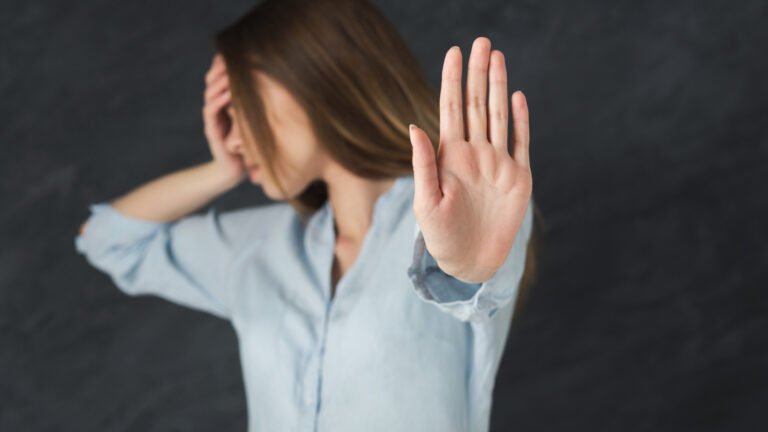Simplify Your Life: Tips for Starting a Minimalist Lifestyle

"
In this article, discover the benefits and practical tips of living a minimalist lifestyle. Simplify your home, wardrobe, and finances, prioritize experiences over possessions, and embrace a slower, more mindful way of living.
Let's dive right in..
Do you ever feel like you're drowning in stuff?
Maybe you’re constantly tidying up your home, only to find it cluttered again a few days later. Or perhaps you’re always rushing around, trying to keep up with your busy schedule and feeling like there needs to be more time in the day.
You realize you have a closet full of clothes you never wore and a kitchen full of gadgets you never used. You feel overwhelmed and unfulfilled but don’t know how to change things. It is overwhelming and stressful, and you know you must change.
If this sounds familiar, you should live a minimalist lifestyle.
Living a minimalist lifestyle has become increasingly popular in recent years, with more and more people looking to simplify their lives and reduce their possessions.
Minimalism is about intentionally streamlining your life and focusing on what truly adds value. It’s not just about getting rid of things but about creating space for the things that matter most.
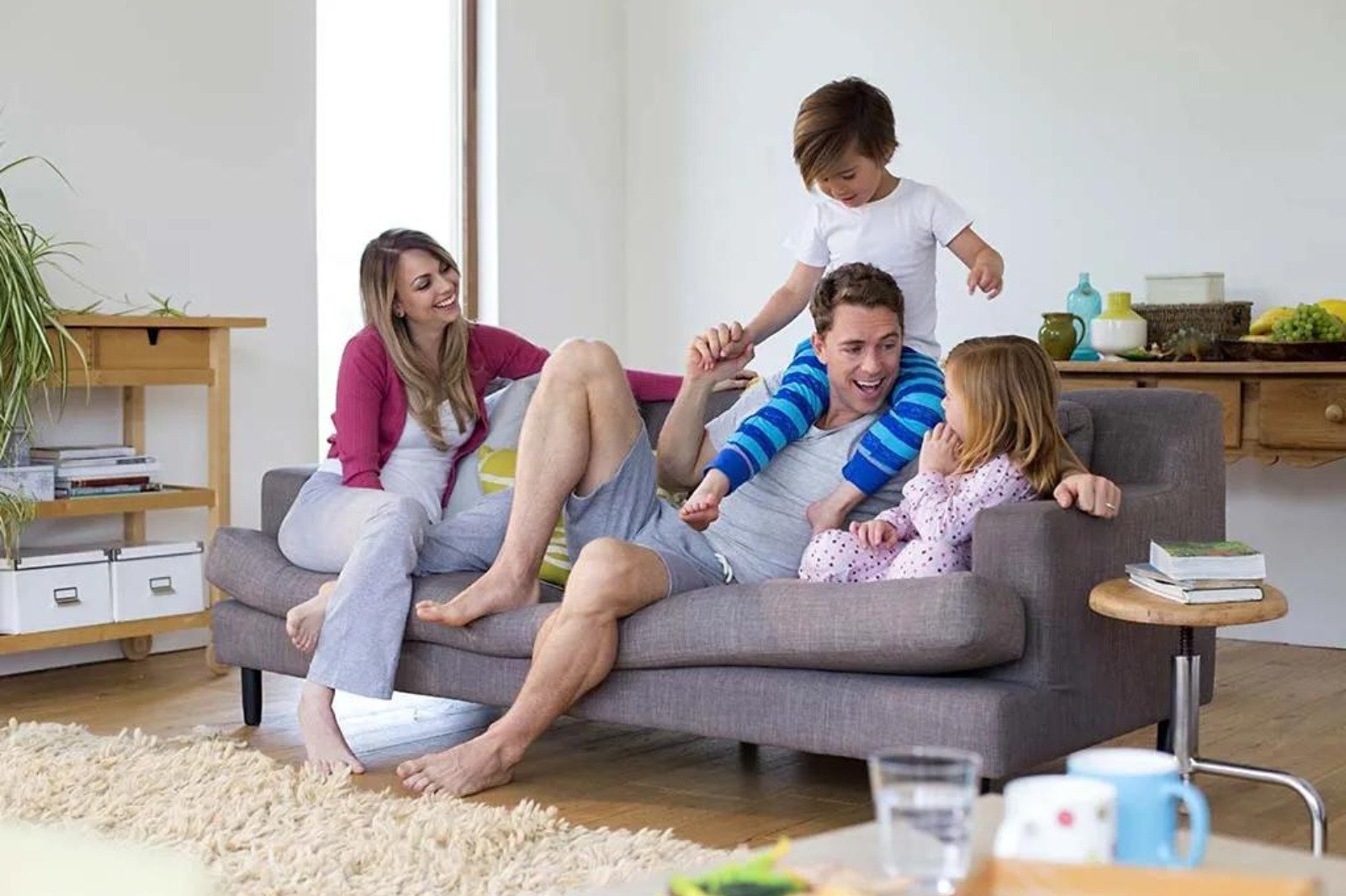
The Benefits of Living with Less
Let’s get this show on the road
A minimalist lifestyle provides numerous benefits, such as reducing stress and increasing happiness. By eliminating excess possessions and simplifying your life, you can focus on the things that truly matter, like
- Spending time with loved ones,
- Pursuing your passions and
- Experiencing new things.
Here are some additional benefits of living with less:
1. You Save Money
One of the most significant benefits of living with less is saving money. By reducing your shopping habits and avoiding unnecessary purchases, you can save money and spend it on experiences that will bring you more happiness and fulfillment. You can also avoid the financial stress of accumulating debt or overspending.
2. A Way to Help the Environment
Living with less can also help the environment. By consuming less and reducing waste, you can minimize your environmental impact and live a more sustainable lifestyle.
This can include buying secondhand items, using reusable products, and reducing energy consumption in your home.
3. Improves Your Organization
When you have fewer possessions, it’s easier to stay organized and keep your living space clean and tidy.
Living with less can reduce clutter, allowing you to find things more easily and create a more calming environment in your home.
You can also save time by spending less time cleaning and organizing your possessions.
4. Increases Your Creativity
Living with less can inspire creativity and innovation. By embracing simplicity, you can free up mental space and focus on creative pursuits, such as writing, painting, or playing music.
You can tap into your imagination and explore new ideas and opportunities with fewer distractions.
5. Enhances Your Focus and Clarity
Minimalism can also enhance focus and clarity. When you eliminate distractions and unnecessary possessions, you can focus on the things that truly matter, such as your goals, values, and relationships. This can help you achieve greater clarity in your life and make more meaningful decisions.
Tips for Practicing Minimalism in Life
Let me show you how
If you’re interested in living a minimalist lifestyle, there are many small changes you can make to simplify your life and reduce your environmental impact.
Here are some tips for practicing minimalism in your daily life:
1. Begin by decluttering your home.
The first step in practicing minimalism is to declutter your home. This means eliminating anything you don’t need, use, or love. For example, Take a look at your kitchen. Do you have any gadgets or appliances that you never use? You may have a juicer that sounded like a good idea at the time but now collects dust in the corner.
- Spending time with loved ones,
- Pursuing your passions and
- Experiencing new things.
Key Takeaway
Start by decluttering your home, removing unnecessary items and adopting a one-in, one-out rule to prevent future clutter.
2. Reduce your shopping
One of the key principles of minimalism is to consume less. This means being more mindful about what you buy and only purchasing things you genuinely need or value.
For example, Before you go shopping, make a list of what you need. Stick to this list and avoid browsing other aisles or departments. Consider setting a budget for yourself and limiting your spending on non-essential items.
- Before making a purchase, ask yourself if you need the item or if it will add value to your life.
- Consider borrowing or renting items instead of buying them, especially if it's something you'll only use once or twice.
- Unsubscribe from email newsletters and unfollow social media accounts that encourage excessive consumerism.
Key Takeaway
Embrace mindful consumption and reduce your shopping by listing what you genuinely need, sticking to a budget, questioning the necessity of each purchase, exploring borrowing or renting options, and minimizing exposure to consumerist influences.
3. Simplify your wardrobe
Your wardrobe can be a significant source of clutter and stress. Streamlining your clothing choices can save you time, money, and energy and help you feel more confident.
- Donate or sell clothes that you no longer wear or that no longer fit you.
- Stick to a neutral color palette and classic styles, which can be mixed and matched easily.
- Consider implementing a capsule wardrobe of several versatile pieces that can be worn in many ways. This can include basics like t-shirts and jeans and a few statement pieces to add variety.
Key Takeaway
Simplify your wardrobe by decluttering, focusing on versatile pieces in neutral colors, and adopting a capsule wardrobe approach for effortless style and reduced decision-making.
4. Limit your technology use
Technology can be a fantastic tool, but it can also be a major distraction and time-waster. Limiting your technology use can free up more time and mental space for other activities and relationships.
- Set aside specific times of day to check email and social media rather than constantly checking your phone.
- Use apps or settings that track your screen time and help you stay accountable.
- Consider implementing a "digital detox" day or week, where you limit your technology use as much as possible.
Key Takeaway
Restricting technology usage can create more time for meaningful activities and relationships, establish dedicated periods for checking email and social media, monitor screen time, and occasionally implement digital detox periods to break free from constant digital distractions.
5. Avoid food waste
Food waste is not only a waste of money but also a waste of resources and energy. By being more mindful of your food choices and consumption, you can reduce your impact on the environment and save money in the process.
- Plan your meals and grocery shopping carefully to avoid buying more than you need.
- Use up leftovers and ingredients before they expire.
- Consider composting food scraps and other organic waste rather than sending them to a landfill.
Key Takeaway
Minimize food waste by planning meals and shopping wisely, utilizing leftovers, and embracing composting to save money, reduce environmental impact, and conserve resources.
6. Prioritize experiences over possessions
One of the main benefits of minimalism is the freedom to focus on experiences and relationships rather than possessions. By prioritizing experiences, you can create more meaningful memories and connections.
- Instead of buying physical items, invest in experiences such as travel, concerts, or classes.
- Spend time with loved ones and focus on creating memories together.
- Consider giving experiences as gifts instead of physical objects.
Key Takeaway
Embrace minimalism by valuing experiences over possessions, investing in travel and meaningful activities, nurturing relationships, and choosing experiential gifts to create lasting memories and connections.
7. Create a simple daily routine.
A simple daily routine can help you feel more organized and focused, reducing stress and overwhelm. By establishing healthy habits and routines, you can streamline your day-to-day life and make more time for the things that matter.
- Identify your life's most critical tasks and activities, and prioritize them in your daily routine.
- Set aside time for self-care and relaxation, such as reading or walking.
- Keep your routine simple and flexible to avoid feeling overwhelmed or burnt out.
Key Takeaway
Establishing a simple daily routine with prioritized tasks, self-care, and flexibility can bring organization, focus, and reduced stress to your life, allowing more time for meaningful activities.
8. Practice mindful consumption
In today’s world of fast fashion and disposable everything, it’s easy to consume without considering the consequences. Mindful consumption means being aware of your purchases’ impact on the environment and the people who make the products.
- Consider the environmental and social impact of the items you buy, and choose sustainably produced and ethically sourced products.
- Research companies before making purchases to ensure that they align with your values.
- Support local businesses and farmers rather than buy from large corporations.
Key Takeaway
Embrace mindful consumption by considering the environmental and social impact of your purchases, opting for sustainable and ethical products, researching companies to align with your values, and supporting local businesses and farmers.
9. Switch to reusable alternatives.
Switching to reusable alternatives can reduce waste and save money over time.
- Use a refillable water bottle and coffee mug rather than buying single-use disposable versions.
- Use reusable shopping bags and produce bags rather than plastic bags.
- Consider using cloth napkins and towels rather than paper versions.
Key Takeaway
Embrace reusable alternatives to reduce waste and save money by using refillable containers, reusable bags, and cloth alternatives for everyday items like napkins and towels.
10. Embrace a slower pace of life.
It can be easy to get caught up in the hustle and bustle. Embracing a slower pace of life can help you appreciate the present moment, reduce stress, and focus on what truly matters.
- Prioritize rest and relaxation, and avoid overcommitting yourself.
- Practice mindfulness and meditation to cultivate a sense of calm and focus.
- Slow down and enjoy the little moments in life rather than always rushing to the next thing.
Key Takeaway
Embrace a slower pace of life to reduce stress, appreciate the present moment, and prioritize rest and relaxation by avoiding overcommitment, practicing mindfulness, and savoring the simple joys of everyday life.
11. Learn to say no
Saying no can be a powerful tool for creating more space and time. You can avoid overcommitting and feeling overwhelmed by setting boundaries and prioritizing your needs.
- Set boundaries and prioritize your own needs and desires.
- Say no to social engagements or commitments that don't align with your values or goals.
- Be firm and transparent in your communication while also being kind and respectful.
Key Takeaway
Learning to say no empowers you to set boundaries, prioritize your needs, and avoid overcommitment, allowing you to create more space, time, and alignment with your values and goals.
12. Simplify Your Finances
Another way to practice minimalism in your life is by simplifying your finances. This can help reduce stress and free up time and mental energy to focus on other areas of your life.
- Create a budget and stick to it. By tracking your income and expenses, you can better understand where your money is going and adjust as needed. Consider using a budgeting app or software to help keep you on track.
- Consolidate your banking and investment accounts. Having multiple accounts with different banks or investment firms can make tracking your money easier. Consider consolidating your accounts to simplify your financial picture.
- Setting up automatic bill pay for recurring expenses can save you time and ensure you never miss a payment. You can also set up reminders for due dates to avoid late fees.
Key Takeaway
Simplify your finances to reduce stress and gain more mental and temporal freedom by creating and sticking to a budget, consolidating accounts, and automating bill payments, allowing you to focus on other aspects of your life with greater ease.
Final Thoughts
As we wrap up
I hope you feel inspired to embrace a minimalist lifestyle. Living with less can profoundly impact your happiness, well-being, and the world around you. You can cultivate a greater sense of fulfillment, joy, and purpose by simplifying your life and focusing on what truly matters.
Through the looking glass of minimalism, you’ll discover that true happiness and contentment come not from material possessions but experiences, relationships, and personal growth.
So take the first step towards minimalism today, and start living a more simple, more intentional life. Your future self will thank you for it!
Subscribe to new post
The One Liner
Useful Links
Order Related Queries
Useful Links
Order Related Queries
